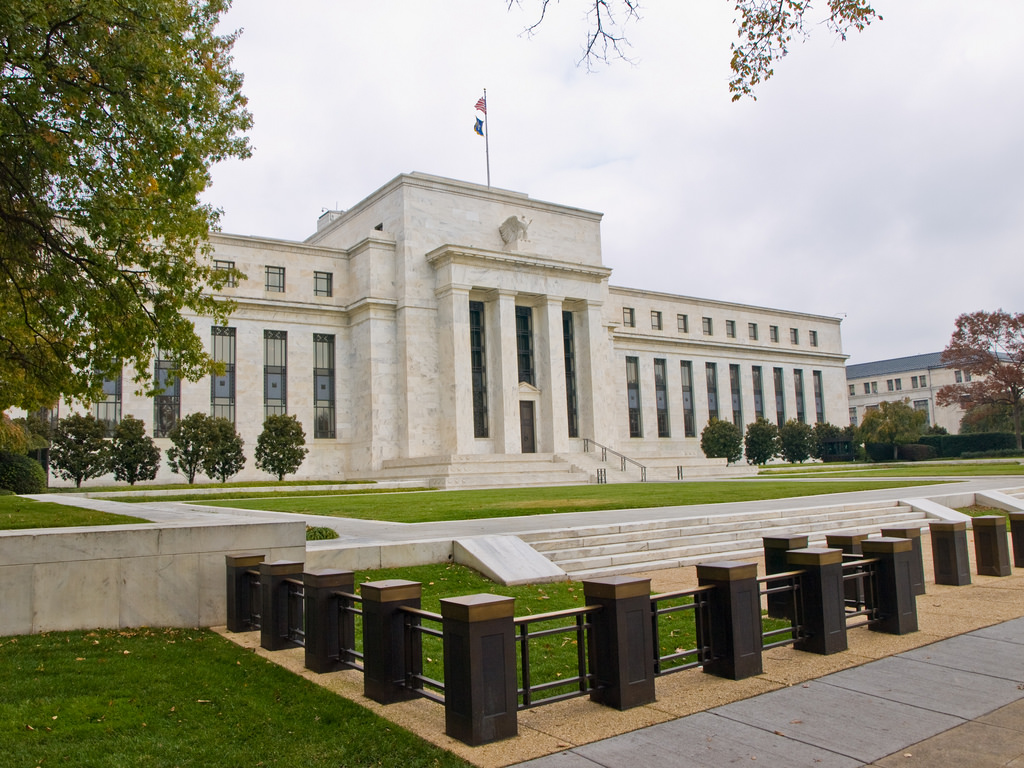Adding to the frustration is that Fed policy is not to blame for the economy’s underperformance. Congress bears much of the blame because of its tightfisted federal budgets when more government spending is needed to offset feeble spending and investment in the private sector. Still, sound policy making by the Fed requires answering to conditions as they are, not as policy makers might wish they were.
By almost any measure, uncertainty is high. Businesses are uncertain about the economic environment and the direction of economic policy. Households are uncertain about job prospects and future incomes. Political gridlock in Washington, D.C., and the crisis in Europe add to a sense of foreboding. I repeatedly hear from my business contacts that these uncertainties are prompting them to slow investment and hiring. As one of them put it, uncertainty is causing firms to “step back from the playing field.” Economists at the San Francisco Fed calculate that uncertainty has reduced consumer and business spending so much that it has potentially added a full percentage point to the unemployment rate.
 Obviously, this trend is heavily influenced by the 2008 recession, but I find it interesting that it may be beginning to rise again. This is possibly a result of the fluctuating oil markets, combined with the slowdown of China’s economy; but no matter the cause both the Fed and the government should seek to reduce uncertainty and continue to promote stability in the economy.
Obviously, this trend is heavily influenced by the 2008 recession, but I find it interesting that it may be beginning to rise again. This is possibly a result of the fluctuating oil markets, combined with the slowdown of China’s economy; but no matter the cause both the Fed and the government should seek to reduce uncertainty and continue to promote stability in the economy.
Listing image by William Warby.
References
| ↑1 | When he gave that speech, the unemployment rate was at 8.3%, and the Economic Uncertainty Index (EUI) was at 178.3; today the latest numbers for the EUI place the United States near 98.3. I was unable to find any data correlating the EUI with specific unemployment rates, so at this time I cannot estimate how much of our present unemployment is a result of uncertainty in the economy. |
|---|

No Comments